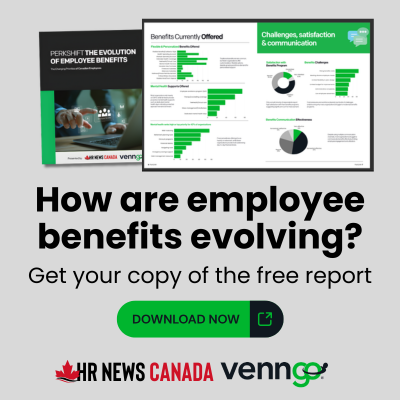638
Home Artificial Intelligence (AI)AI set to save knowledge workers 12 hours a week by 2029, report reveals

HR News Canada is an independent source of workplace news for human resources professionals, managers, and business leaders. Published by North Wall Media.




